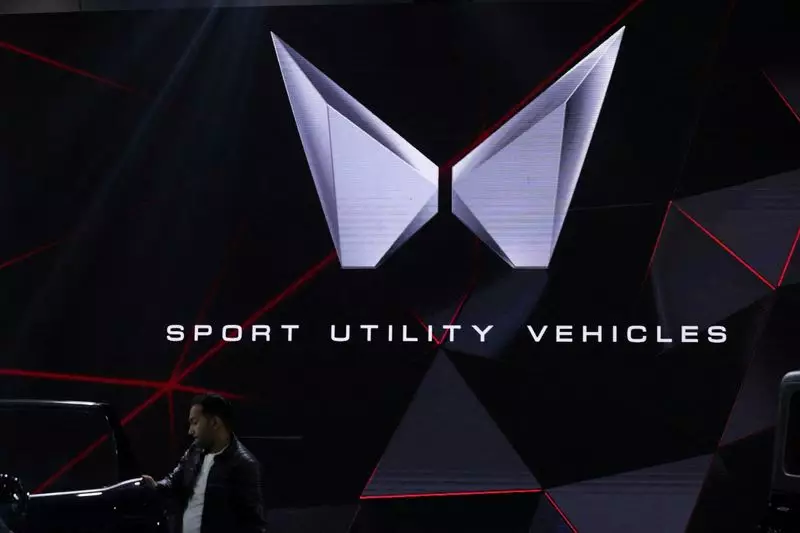In a recent development, Indian automaker Mahindra & Mahindra has reportedly entered into a joint venture agreement with China’s Shaanxi Automobile Group to establish a $3 billion manufacturing plant in India. The joint venture, which is awaiting approval from the Indian government, is said to involve the construction of a car manufacturing facility in Prime Minister Narendra Modi’s home state of Gujarat.
According to sources familiar with the matter, Mahindra is expected to hold a majority stake in the proposed manufacturing venture. The plan includes the establishment of an export-oriented manufacturing hub for assembled cars, engines, and car batteries. However, Mahindra has disclosed in a stock exchange statement that the reports about the joint venture are baseless and unfounded.
Following the news of the partnership, Mahindra’s shares surged by 3.1% before settling at 2.5% higher on the Bombay Stock Exchange. The proposed investment comes at a time when India is considering easing restrictions on Chinese investments in non-sensitive sectors to boost economic growth. India’s Finance Minister Nirmala Sitharaman has expressed support for promoting foreign direct investment from China to enhance India’s export capabilities.
The Indian government’s approval is essential for foreign investments, especially from China, due to tightened restrictions imposed since 2020. Several Chinese companies, including BYD Co Ltd, Great Wall Motor, and SAIC’s MG Motor, have faced delays or cancellations in their investment proposals. The government’s stringent vetting process is aimed at addressing security concerns and safeguarding national interests.
As the automotive industry witnesses a surge in collaborations and joint ventures, the partnership between Mahindra & Mahindra and Shaanxi Automobile Group holds significant promise for the Indian market. With the potential establishment of a state-of-the-art manufacturing facility, both companies aim to capitalize on India’s growing demand for automobiles and emerging opportunities in the export market. The successful implementation of this joint venture could pave the way for enhanced technological capabilities and strategic business alliances in the automotive sector.

